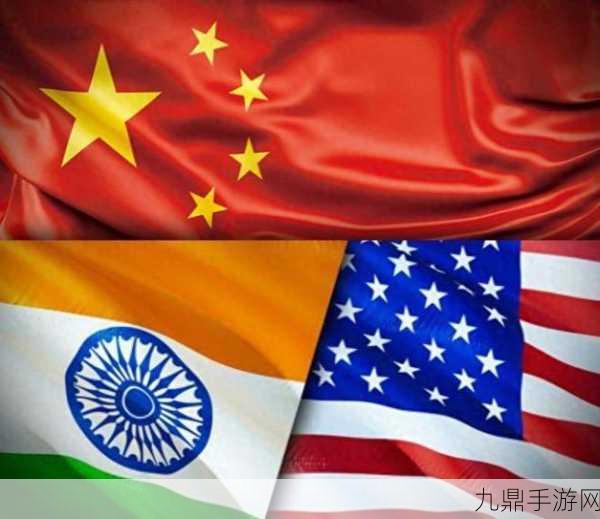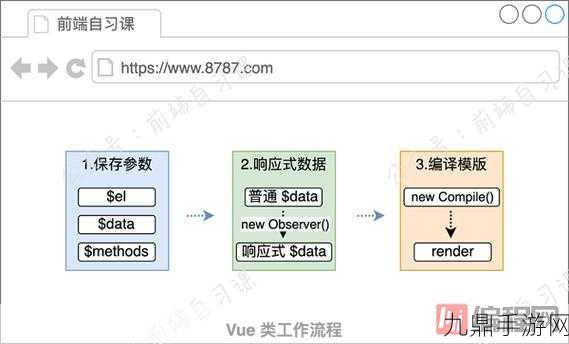美日俄网络封锁现象概述
近年来,全球范围内的互联网自由受到了不同程度的挑战。美国、日本和俄罗斯作为三个重要国家,各自在信息传播、社交媒体使用及网络开放性方面面临独特局势。这三国之间在如何管理和限制互联网内容上存在显著差异,而这些差异一方面源于文化背景,另一方面则与政治环境密切相关。
美国:言论自由与审查制度的博弈
美国以其强烈支持言论自由而闻名,但近年来对某些类型内容进行监管的问题逐渐浮出水面。在社交媒体平台上,一些帖子因违反社区准则被删除或屏蔽,这引发了公众对于“谁来决定什么是合适”的激烈讨论。此外,美国政府也曾尝试通过法律手段打击虚假信息,尤其是在选举期间。然而这种行为常常遭到质疑,被指控为干预用户表达意见。因此,美国的互联网环境呈现出一种复杂态势,在保护个人自由与防止有害内容扩散之间摇摆不定。

日本:隐私保护下的信息过滤
日本在处理在线安全问题时更加注重个人隐私权利。该国实施了一系列严格的数据保护法规,以确保公民的信息不会随意泄露。然而,这种对隐私的高度重视也使得一些平台更倾向于主动过滤敏感消息。例如,日本的一些新闻网站可能会因为涉及社会问题或者政治争议的话题而选择关闭评论功能,从而避免引发更多纷争。这虽然能有效维护公共秩序,却也导致部分声音无法得到应有的平台,引起了社会各界对于公平性的关注。
俄罗斯:强硬管制下的信息战斗
相比之下,俄罗斯采取了更为严厉的方法来控制国内外信息流通。政府设立了专门机构负责监测互联网上发布的信息,并能够快速响应并删除被认为威胁国家安全或稳定的内容。例如,当抗议活动发生时,有关报道往往会受到严格审查。同时,不少外国社交媒体公司由于未遵循当地规定,也面临着被禁用甚至彻底封杀的风险。这种情况让许多用户不得不寻找VPN等工具绕过限制,以继续获取所需资讯。

比较分析:影响因素与结果
Cultural Differences:
The cultural context in which these countries operate greatly influences their internet governance. The US prioritizes individual expression, stemming from its foundational values of personal freedom and democracy. Japan's approach reflects a more collectivist mindset, emphasizing social harmony and the importance of avoiding public conflict. Russia’s model is deeply rooted in historical narratives regarding control and authority, often framing censorship as a means to protect national interests.
Evolving Technologies: Technological advancements also play a critical role in shaping how each country navigates online content regulation. For instance, AI-driven moderation tools are increasingly being employed by platforms across all three nations but yield varied outcomes based on local legal frameworks and societal norms. User Reactions: Public reaction towards internet restrictions varies significantly among these countries. In the United States, users frequently mobilize against perceived overreach through petitions or protests; while Japanese citizens may express dissatisfaction more subtly due to cultural tendencies toward conformity. In contrast, Russian citizens face severe repercussions for dissenting opinions expressed online—often leading them to self-censor instead. The divergence between American openness with regards to speech versus Japan’s emphasis on privacy protection—and contrastingly—the authoritarian grip held by Russia highlights broader themes surrounding state power vis-à-vis individual rights within digital spaces globally. `






